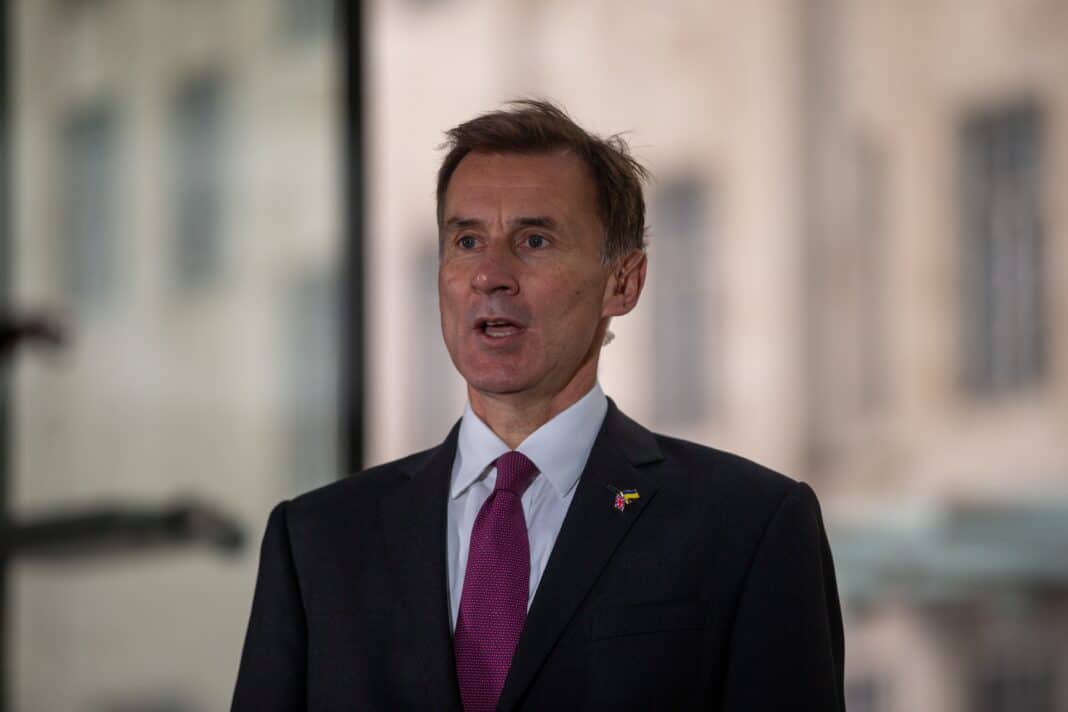Chancellor Jeremy Hunt is expected to announce an increase in the national living wage to a minimum of £11 per hour from next April.
The move will benefit around two million of the lowest-paid workers. This announcement will be made during his speech at the Conservative Party conference in Manchester.
In addition to the wage increase, Hunt plans to enhance sanctions for individuals on benefits who do not actively seek employment. This move comes amidst calls from some within the Conservative Party to reduce taxes.
Currently set at £10.42 per hour, the national living wage serves as the legally mandated minimum wage for workers aged 23 and above, with lower rates for younger employees.
The rates are determined annually by the government based on recommendations from an independent advisory group known as the Low Pay Commission. These recommendations are typically accepted by the government.
The government had already set a target for the national living wage to reach two-thirds of the median hourly pay by October of the following year.
While the Low Pay Commission has yet to confirm its recommendations for the upcoming year, it estimates that the rate necessary to meet this government target should fall between £10.90 and £11.43 per hour. Jeremy Hunt is expected to affirm that, regardless of the recommendation, the rate will rise to at least £11 per hour, resulting in an annual increase of £1,000 for full-time workers on the national living wage.
‘Boosting pay and cutting tax’
Jeremy Hunt is anticipated to emphasise the positive impact of the national living wage, stating, “Since we introduced [the national living wage], nearly two million people have been lifted from absolute poverty. That’s the Conservative way of improving the lives of working people: boosting pay and cutting tax.”
Furthermore, the chancellor is set to announce a reevaluation of the benefits sanctions system to encourage individuals to rejoin the workforce.
He will express concern about the direction of the labor market since the pandemic, noting that while companies struggle to find workers, around 100,000 individuals are leaving the labor force annually to rely on benefits.
Hunt will emphasise the need for fairness in this matter, stating, “Those who won’t even look for work do not deserve the same benefits as people trying hard to do the right thing.” Detailed plans for these benefit changes are expected to be revealed during the Autumn Statement in November.
Opportunities for remote work
Work and Pensions secretary Mel Stride reported that the government is already reviewing the Work Capability Assessment to ensure it aligns with modern work patterns, including increased opportunities for remote work. This assessment determines the extent to which an individual’s illness or disability affects their ability to work, and if someone is deemed fit for work, their benefits may be affected.
Reintroducing people into the workforce remains a pivotal aspect of the government’s economic growth strategy, as emphasised in the chancellor’s Budget speech in March.
Recent statistics have shown a rising number of individuals unable to work due to long-term illnesses, with approximately 2.5 million individuals absent from the labour market due to medical conditions.





